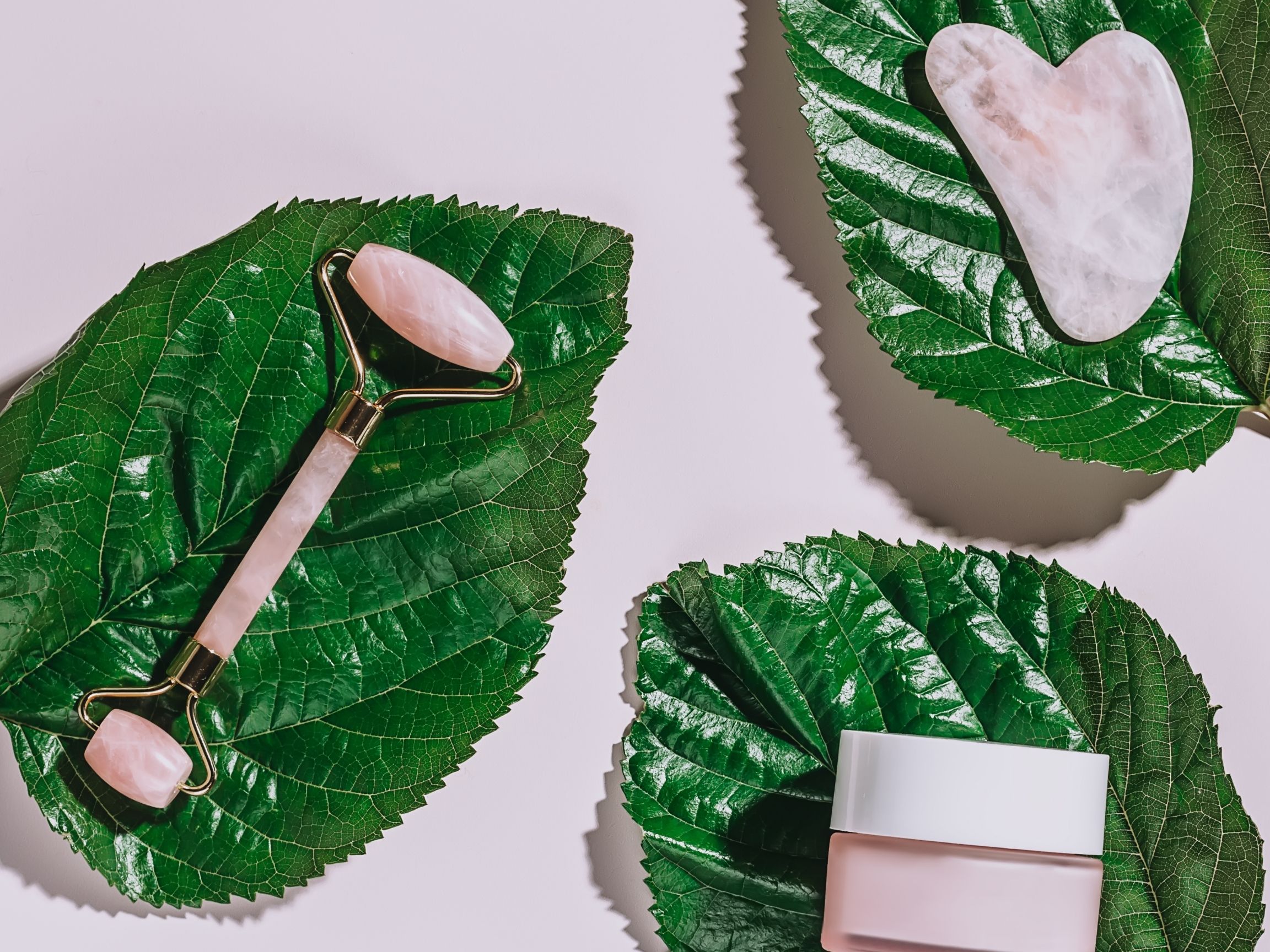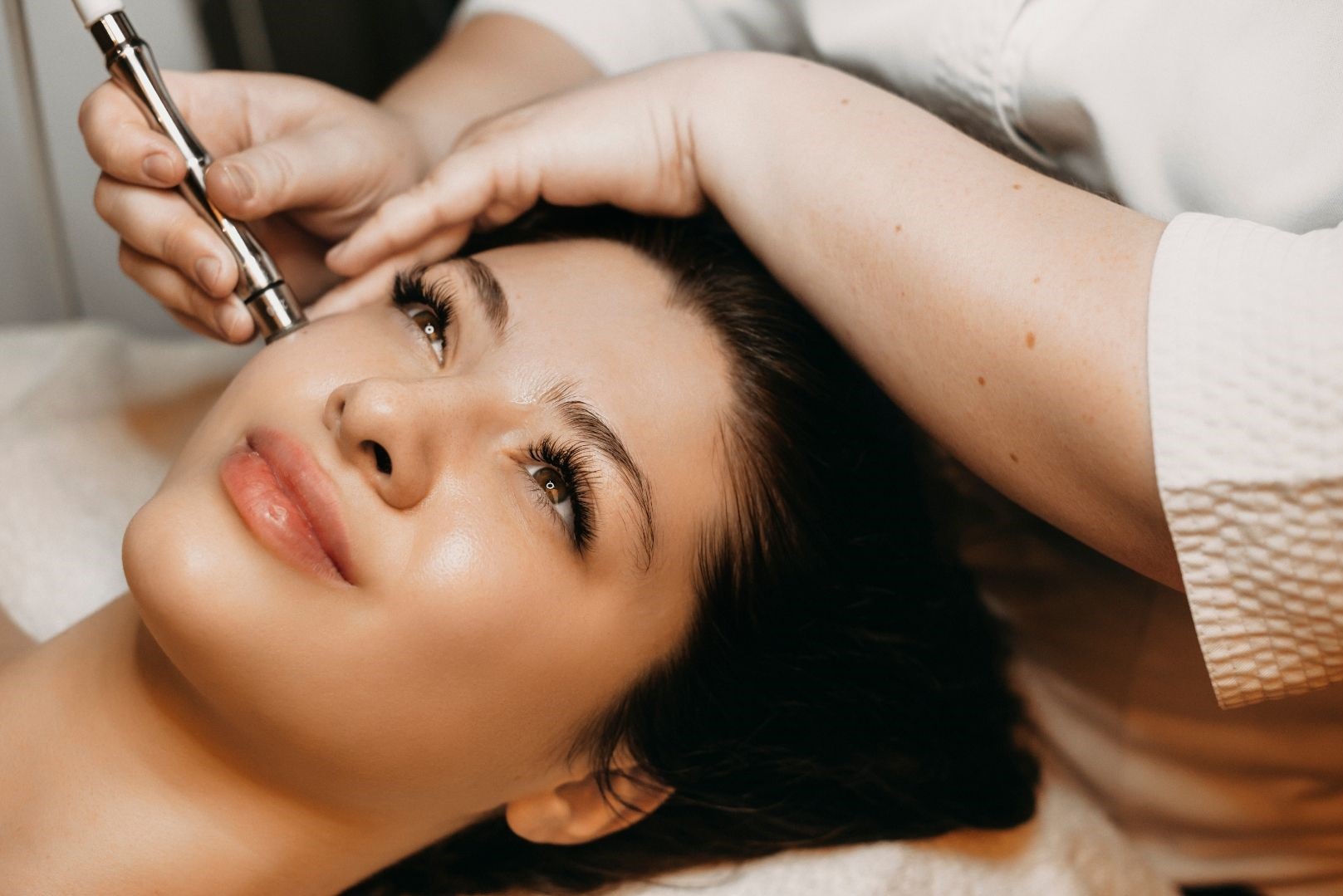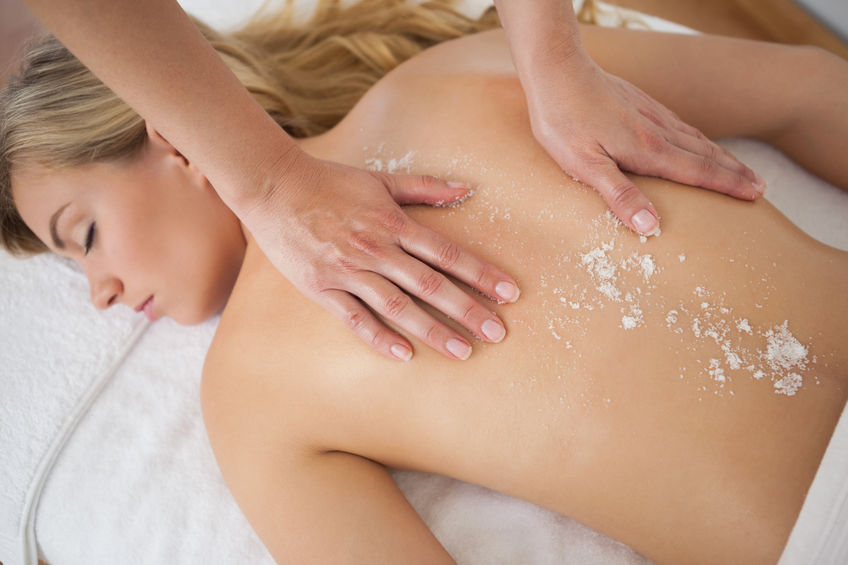
A Quick Guide to Finding the Right Skin Care Products
With so many skin care products vying for your attention (and your dollars), how do you know which ones are right for you? The most expensive products aren’t necessarily the best. “Miracle products” that sound too good to be true usually are.
To find the right skin care products, two main factors are do your research and read the product label carefully. Keep reading to understand these better!
Five Things To Look For On Any Skin Care Product Label:
Active ingredients. Ingredients are listed in descending order to 1 percent, starting with the largest amount in the product (often water). Ingredients with less than 1 percent can be listed in any order. Check the concentration of ingredients. Many products listing Co-Q10, a substance that helps prevent damage to lipids on the skin’s surface, contain significantly less than the label claims. Look for the USP-verified symbol to be sure you’re getting what you paid for. If you aren’t familiar with an ingredient, check a credible website to see how it works.
Expiration date. Expired products can carry harmful bacteria that can cause irritation, rashes, blemishes and skin infections. Look for the Period After Opening (PAO) symbol—a floating lid and jar with a number followed by an “M” on it. This symbol tells you how long your product is good for after opening. If the PAO symbol has a 12M on it, the product will expire 12 months after you break the seal or pop the lid. Jot down the date you open the container so you’ll know when to dispose of any unused product. Also, look for a lot number. The lot number ensures that the product is traceable back to its origins in case anything should ever go wrong (just like in food).
Physical sunscreen. Your moisturizer should contain a physical sunblock with an SPF 30 or greater. Your lip balm or lipstick should have a physical sunblock with an SPF 15 or greater. Physical sunblock acts as a barrier on the skin to reflect UV rays.
Ingredients That Work For Your Skin Type
Depending on whether you have sensitive, dry or oily skin, you’ll want to look for certain ingredients and avoid others.
Sensitive skin. If you have sensitive skin, the fewer ingredients in a product the better. Don’t use too many anti-aging ingredients. Look for calming ingredients such as green tea polyphenols, chamomile, and aloe.
Dry skin. Use an ointment or cream—more effective and less irritating for dry skin—instead of a lotion. Look for a cream or ointment containing olive oil, jojoba oil, or shea butter. According to the American Academy of Dermatology, other ingredients that help soothe dry skin include lactic acid, urea, hyaluronic acid, glycerin, and lanolin.
Oily skin. Use an oil-free, non-comedogenic (doesn’t block pores) foaming cleanser that contains salicylic acid or benzoyl peroxide to prevent breakouts. Oily skin still requires a moisturizer. Choose a lightweight, non-comedogenic formula that contains sunscreen.
Avoid Irritating Ingredients
Regardless of your skin type, you should avoid ingredients that can irritate your skin, such as parabens, artificial color or fragrance, silicone, and dimethicone. Pevonia skin care has none of these ingredients and is plant-based! Here are a few specific ingredients to avoid, depending on your skin type:
Sensitive skin. Avoid sodium lauryl sulfate and ammonium laureth sulfate, harsh detergents commonly used in facial cleansers and soaps that break down the natural lipids in your skin. Avoid alcohol, fragrance and detergents. Lipoic acid, glycolic acid and salicylic acid may irritate sensitive skin, so proceed with caution if you’re using a skin care product containing these active ingredients.
Dry skin. Avoid using deodorant soaps or skincare products containing alcohol, fragrance or alpha-hydroxy acid (AHA). Avoiding these ingredients will help your skin retain its natural oils.
Oily skin. Avoid products with cocoa butter, fragrance, cinnamon and coconut oil to prevent breakouts in acne-prone skin.
Decoding Sunscreen Formulas
There’s a lot of debate over which sunscreens are best and safest for your complexion. You have two types of ingredients in formulas:
Chemical ingredients, such as oxybenzone and octinoxate, which are absorbed into your skin to counteract the damage from ultraviolet light
Pros:
Lightweight, easy to apply and transparent on the skin.
Cons:
Can irritate and cause reactions in those with sensitive skin.
Certain ingredients like oxybenzone have raised health concerns and carry a “high hazard” rating.
Physical ingredients, such as titanium dioxide and zinc oxide, that sit on top of your skin to deflect or prevent UV rays from entering your body.
Pros:
Very little risk of irritation or health concerns.
Cons:
Often leave a white or grayish tint on the skin, particularly in those with darker skin tones.
Keep these tips in mind when you’re shopping for new products, and you’ll be well on your way to better skin! For any other questions about how to find the right skin care products or skin type concerns, call Botanica Day Spa for a facial with one of our top licensed estheticians at 727-441-1711 today!
Love,
Gen



Leave a Reply